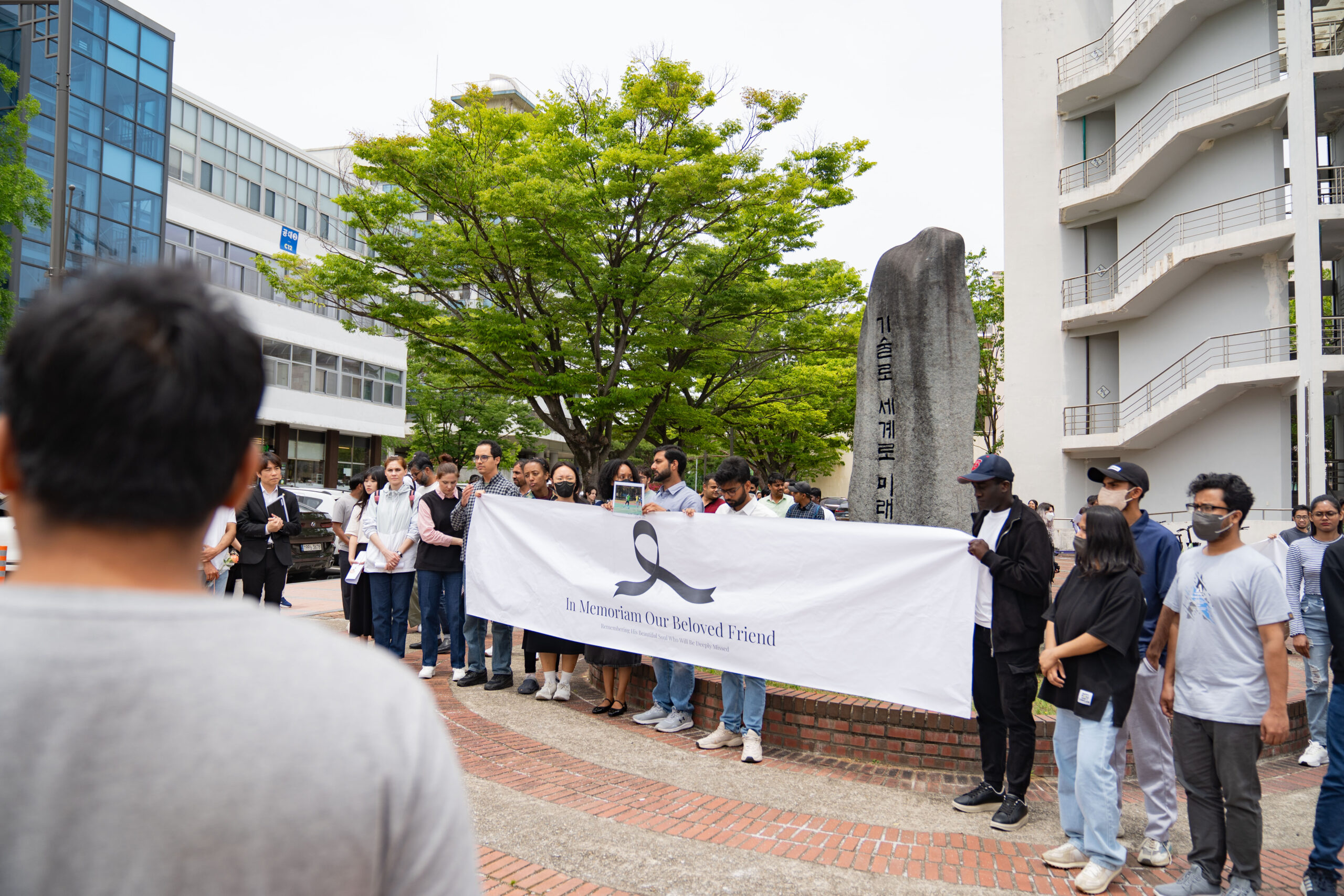A Long-Standing Taboo
Mental Health in Korea
By Yousra Feriel Drioua
The discussion surrounding mental health was and remains a taboo subject in many societies around the world for various reasons. For Korea, its deep-rooted Confucian heritage and history serves as one reason. However, with the country’s remarkably rapid development, reliance on Confucianism decreased and has been replaced with the centralization of individualism and capitalistic values. The problem is that despite sharing these virtues with Western society, Korea struggles with an alarmingly increasing mental health crisis in comparison. This year, according to the Hankyoreh newspaper, seven in ten Koreans reported struggling with their mental health. A 3,000-participant survey’s findings released by the National Center for Mental Health highlighted stress and depression as the main culprits. The struggles surrounding mental health continue to rise, yet the overall attitude towards the issue doesn’t seem to be improving. Over half the participants in the survey believed that they would be shunned by friends if they were to be diagnosed with a mental health disorder.
In order to prevent the public’s mental health from deteriorating any further, the Korean government is providing counseling services through the 2024 Nationwide Mental Health Care Investment Support Project, launched by the Ministry of Health and Welfare. Korea’s health services are affordable for the most part, and if you live in a relatively large city, access to these services is not a problem. Yet, the biggest obstacle for foreign nationals in Korea lies in finding facilities that operate in one’s native tongue or at least in English. This is why foreigners in Korea resort to using online forums and reviews to discuss such matters. Platforms such as Reddit and Quora are full of reviews from expatriates all over the peninsula discussing their personal challenges and successes with navigating mental in Korea.

Similar to the broader context of South Korea, Gwangju is not exempt from the national trends of high stress and mental health challenges. The city has been making efforts to address these issues through local government and community initiatives. For example, the Gwangju International Center often hosts events and workshops concerning mental health awareness and accessibility. On that note, it is important to mention two heartbreaking incidents which took place at Chonnam National University during the first half of this year. One tragedy took place in April in which a freshman student was found dead in one of the dormitories at CNU. The second incident involved an international student in their twenties who was found dead following an earlier incident the day before in which the individual was sighted riding a bicycle with no clothes on and then captured by the police. As stated by the latter, the student’s drug test came out negative, and he stated that his behavior was due to academic stress.
These incidents highlight the pressing need for enhanced mental health support and crisis intervention services in Gwangju, especially for the student community. Unfortunately, further investigation results have yet to be released after the initial news of these incidents. It seems that both cases have been silently pushed out of sight. In response, CNU’s Graduate School students organized a march in honor of their bereaved friend and peer but also held the institution accountable and demanded better mental health resources and support systems.
Overall, criticism has been directed towards the societal stigma surrounding mental health in South Korea, which often prevents individuals from seeking the help they need. It is clear that there are disparities between mental health struggles of foreign nationals and Koreans. But it is also just as clear that both communities are impacted by society’s negative view on the subject. Addressing these issues requires a comprehensive approach to better understand the roots of this problem, in addition to policy changes and implementation, especially when it comes to employment disadvantages for diagnosed individuals. Existing support systems must be further improved to match survey results and local case studies. Last but not least, societal awareness and education needs to be enhanced in order to break down the stigma associated with mental health.
So far it seems like the main responsibility of improving the mental health dialogue is put on governmental entities and institutions. While that may be valid to an extent, let’s ask ourselves when the last time was that we corrected ourselves after consciously or unconsciously judging a friend for opening up about their own psychological struggles. When was the last time we took time to do our own research on mental health and understand how it truly effects individuals and their daily lives? When was the last time we did not feel uncomfortable when mental health was brought up in the middle of a conversation? Let’s sit with these thoughts and reflect on our own behavior and attitude towards mental health. Let us mirror the change we want to see.
The Author
Yousra Feriel Drioua is an Algerian Global Korea Scholarship student currently residing in South Korea and majoring in media communication and journalism. She loves writing, coffee, and intriguing conversations. She wishes to become someone useful to society and others. Instagram: @myyigli





